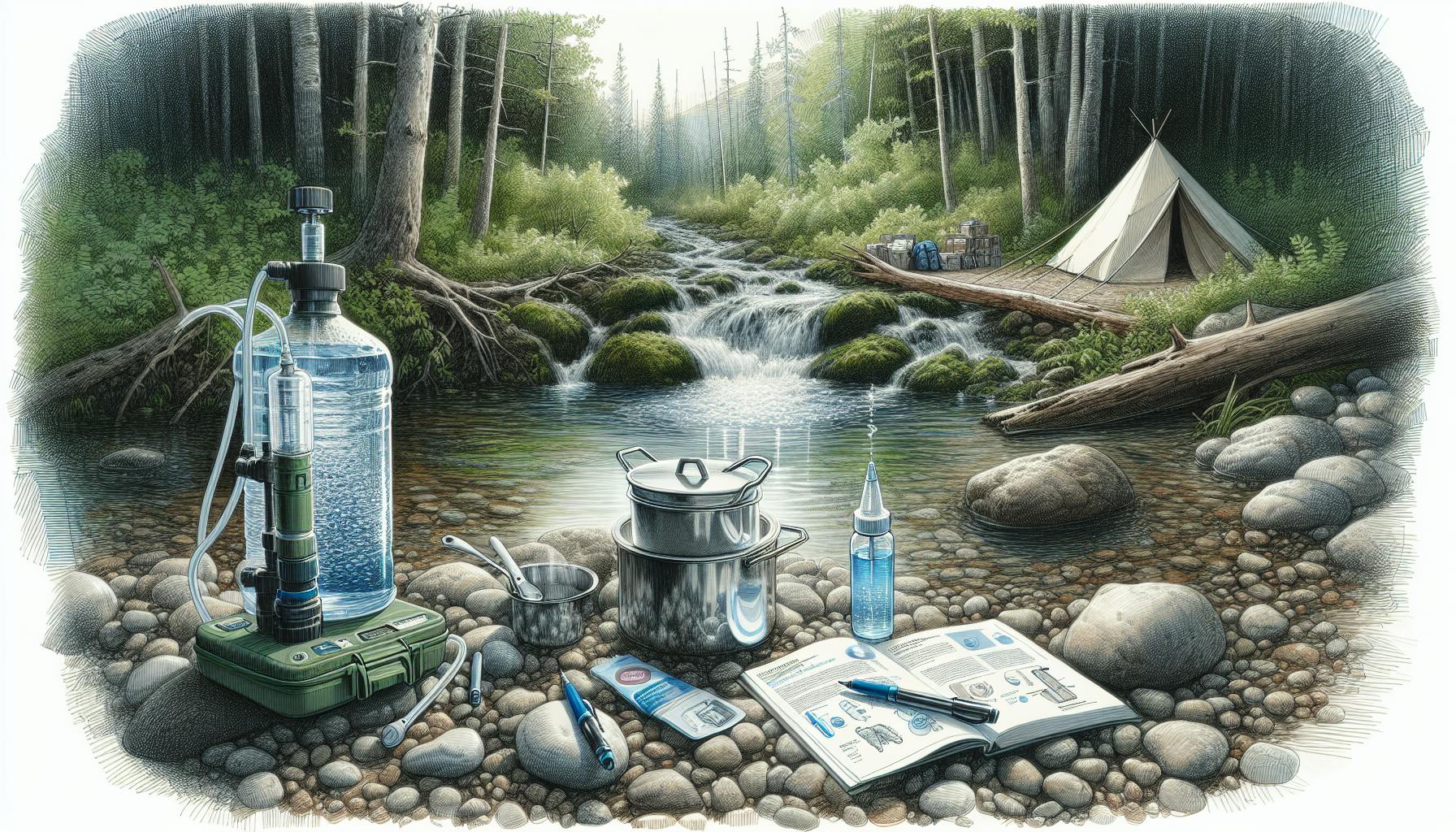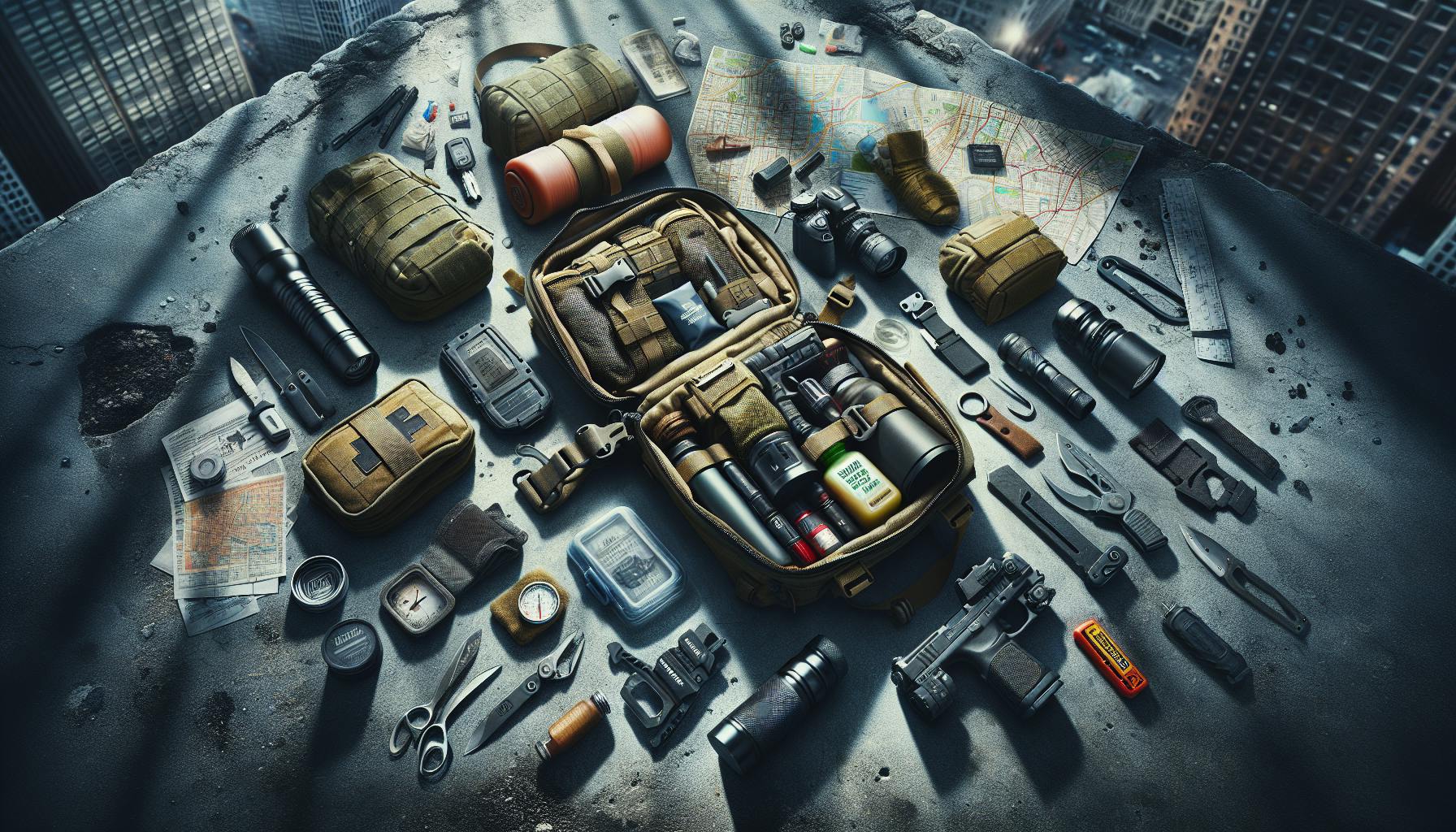Assessing the Likelihood of War with Russia
With tensions rising between Russia and the West over Ukraine, some fear the brinkmanship could spiral into open war. Assessing the actual probability requires examining Russia's strategic interests, recent military posturing, potential flashpoints, expert opinions, and historical precedents.
Key Russian Strategic Interests
Russia seeks to maintain influence in former Soviet states, secure warm water ports in the Black Sea region, protect ethnic Russians along its borders, prevent Ukraine from joining NATO, and leverage energy exports to Europe for geopolitical gain. For example, Russia's naval base in Sevastopol on the Crimean peninsula provides vital access to the Black Sea and Mediterranean. The Nord Stream gas pipelines to Germany also grant political leverage.
Recent Russian Military Buildup
In recent months, Russia has undertaken large-scale troop movements near the Ukraine border, with over 100,000 soldiers mobilized in the region according to US intelligence reports. Russia has increased navy patrols in the Black Sea and Baltic Sea, sometimes violating territorial waters. Strategic nuclear forces were placed on high alert during recent drills. Joint military exercises with Belarus near the Poland border featured 30,000 Russian troops. Cyberattacks have also disabled Ukrainian government and financial websites.
Potential Triggers for Armed Conflict
Further NATO expansion near Russian borders, especially potential Ukraine membership, could trigger armed conflict. Ethnic clashes in disputed territories of Ukraine could provide pretext for Russian intervention. Failed negotiations over Ukraine’s status and broken ceasefire agreements in Donbas may lead to open war, much like the 2008 Russia-Georgia war. Accidental military confrontations along borders could spiral out of control. Energy cutoffs during winter could provoke broader retaliation.
Expert Opinions on Likelihood of War
Foreign policy experts hold contrasting views on the chances of war. The Atlantic Council's Melinda Haring sees invasion as "imminent," while RAND Corporation's Samuel Charap remains confident diplomacy can prevail. [CITATION] Polling regional military leaders and recent US intelligence leaks indicate the threat is being taken extremely seriously. [CITATION] But other experts assert Putin is bluffing to gain negotiating leverage.
Historical Precedents of Tensions Leading to War
Historical examples like the crises leading up to WWI offer cautionary tales of how brinkmanship can unexpectedly turn to open war through entangling alliances and miscalculations. But skillful diplomacy during the Cuban Missile Crisis proves war is not inevitable when leaders make restraint and de-escalation a priority. The 1989 US invasion of Panama over regime change is another worrisome precedent.
Stockpiling Essential Prepper Supplies
Stockpiling emergency supplies creates self-reliance if stores become inaccessible. Prioritize shelf-stable foods, water, medical items, tools, and reputable gear from brands like Mountain House, Reliance, and LifeStraw.
Emergency Food Supplies
Store hearty canned goods like beans, meat, fish, fruits, and vegetables. Stockpile carbs and calories with rice, pasta, oats, and wheat. Freeze-dried meals and MREs from Wise Company and Mountain House offer 5-25 year shelf life. Include protein-rich foods like nuts, jerky, and protein bars. Comfort foods like coffee, tea, and candy boost morale.
Water Storage and Filtration
Store at least 1 gallon of water per person daily, using FIFO rotation. Source clean water from wells or rain barrels if possible. Have portable filters like LifeStraws, purification tablets like Potable Aqua, and large 55-gallon storage drums.
Medical Supplies
First aid kits should include bandages, gauze, antibiotic ointments, medical gloves and trauma shears. Stock medications like antibiotics, pain relievers, anti-diarrheals, and anti-inflammatories. Supplements like vitamins, Vitamin C, zinc, and elderberry support health. Equip with thermometers, blood pressure cuffs, and medical references like the Survival Medicine Handbook.
Tools and Equipment
Gather knives, axes, saws for constructing shelters and gathering firewood. Rope, tarps, duct tape, and zip ties allow vital repairs. Camp stoves, mess kits, and can openers from Coghlan's and GSI Outdoors enable food prep. Battery, crank, or solar-powered radios, flashlights, and phone chargers are essential for communications. Shovels, rakes, hoes, and seeds support gardening.
Where to Shop for Prepper Gear
Reputable online prepper retailers like MyPatriotSupply, CampingSurvival.com, and Prepper.net offer curated gear. Check local surplus and military outfitters for discounted tools and MREs. Outdoor retailers like REI provide multipurpose camping equipment. Amazon has convenience and reviews. Manufacturers like Mountain House have bulk deals on freeze-dried food.
Developing Key Survival Skills
Learning fundamental skills reduces dependency on modern conveniences if utilities and services are interrupted.
Food Preservation and Storage
Methods like water bath canning, smoking, drying, pickling, and freezing preserve harvests. Seal foods in Mylar bags with oxygen absorbers for long-term storage.
Water Collection and Purification
Boiling, filtration systems, bleach drops, or rain collection disinfects water. Learn to identify contaminated sources by smell, color, and sediments.
Fire Making and Maintenance
Equip with waterproof matches, flint and steel, kindling, and tinder. Practice making fire using proper fuel and airflow control. Utilize rocket stoves, chimney ventilation, and reflector walls.
Foraging Wild Edibles and Medicinals
Study field guides to identify edible/medicinal plants. Learn uses of common weeds like dandelion, clover, plantain, and avoid poisonous lookalikes. Cultivate herbs and medicinal plants.
First Aid Skills
Take Red Cross first aid and CPR courses. Stock supplies tailored for likely injuries - burns, wounds, sprains. Practice wound care, sutures, tourniquets. Recognize infections and allergic reactions. Reference survival medical manuals like SAS Survival Handbook.
Strengthening Community Resilience
Building local networks, sharing skills, planning drills, and advocating preparedness enhances safety if government services are overwhelmed.
Prepper Meetups and Skill Sharing
Arrange in-person meetings through sites like Meetup.com and collaborate online via groups on MeWe, Telegram, or private forums. Invite experts to share knowledge. Organize hands-on workshops to gain experience. Barter goods and services.
Community Education and Outreach
Volunteer teaching basic preparedness through churches, schools, or recreation centers. Distribute emergency contact sheets. Advocate for resilient infrastructure upgrades. Check on vulnerable neighbors during emergencies.
Local Mutual Aid Networks
Recruit volunteers with medical, communication, security and engineering skills. Designate emergency shelters and supply caches. Map local resources like renewable energy, gardens, and fresh water. Establish backup communication options like HAM radio.
Planning Community Drills
Practice evacuation routes, shelter-in-place plans, extended blackouts, and communication trees. Identify gaps in supplies, training, and coordination. Update response plans accordingly.
Advocating Local Government Preparedness
Petition for improved emergency services funding and staffing. Advocate for resilience policies. Organize grassroots campaigns through editorials, petitions, and lobbying. Attend town halls and offer constructive solutions.
Key Takeaways on Preparing for Potential Crises
- Anticipate global tensions and local disasters potentially escalating without warning
- Build reserves with essentials like long-lasting food, water filtration, first aid - Focus on learning fundamental skills like firecraft, foraging, medicine
- Foster community resilience through mutual aid, skill sharing, and disaster drills
- Remain vigilant yet measured when world events seem precarious - panic helps no one
In uncertain times, prepping provides security. By stockpiling vital supplies, acquiring fundamental skills, and strengthening community bonds, we can weather any crisis that may unfold. Though the path ahead seems rife with peril, we must remain both prepared and level-headed, avoiding panic while prudently planning for potential perturbations. Come what may, those who band together and embrace self-reliance will persevere.


